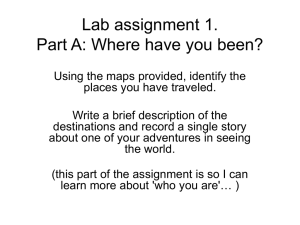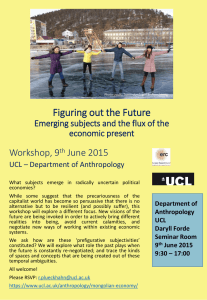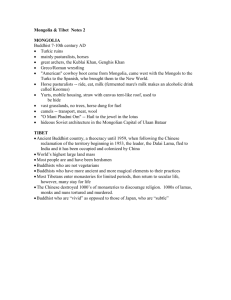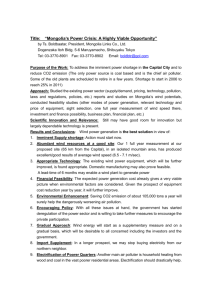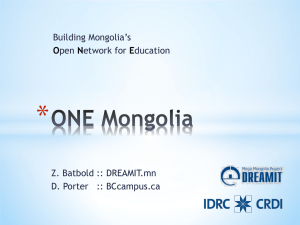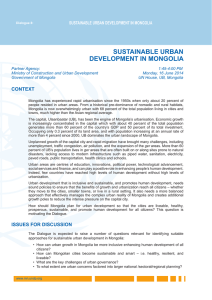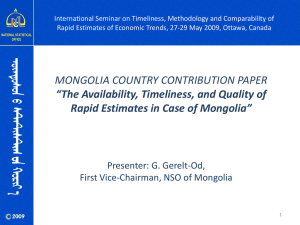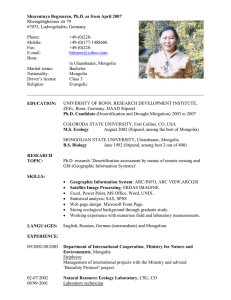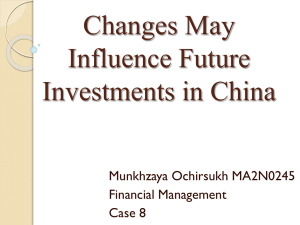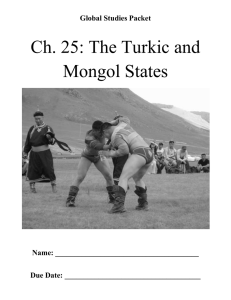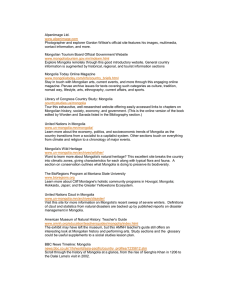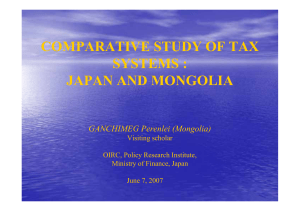Dr Rebecca Empson (UCL) An Economy of Temporary Possession
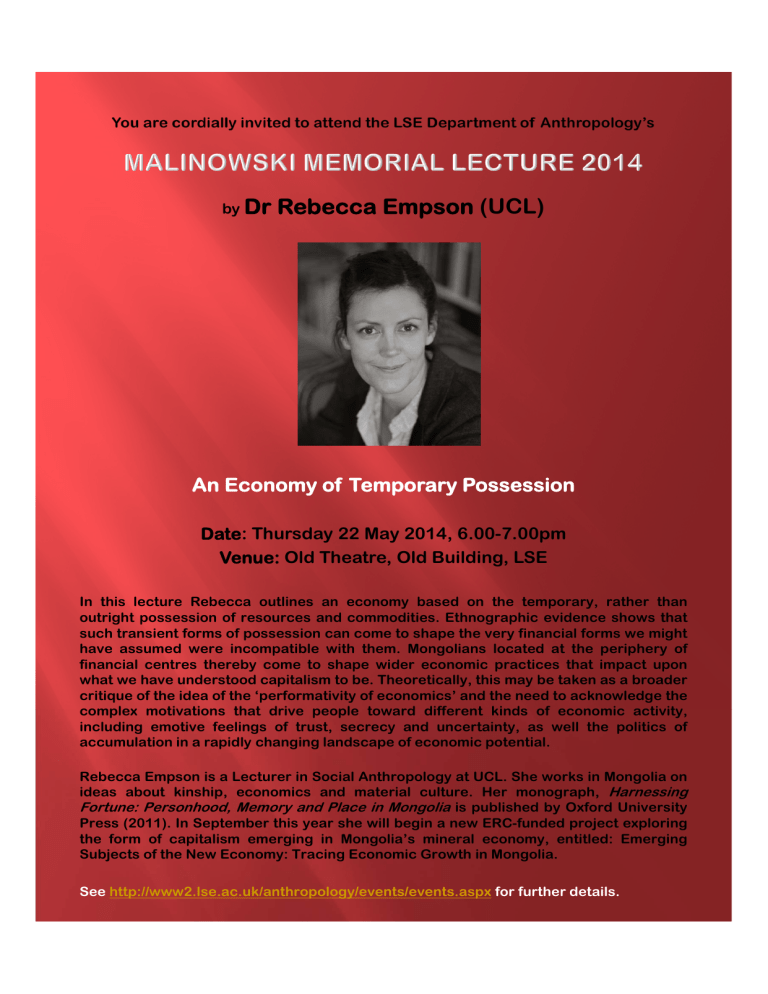
by
Dr Rebecca Empson (UCL)
An Economy of Temporary Possession
Date: Thursday 22 May 2014, 6.00-7.00pm
Venue: Old Theatre, Old Building, LSE
In this lecture Rebecca outlines an economy based on the temporary, rather than outright possession of resources and commodities. Ethnographic evidence shows that such transient forms of possession can come to shape the very financial forms we might have assumed were incompatible with them. Mongolians located at the periphery of financial centres thereby come to shape wider economic practices that impact upon what we have understood capitalism to be. Theoretically, this may be taken as a broader critique of the idea of the ‘performativity of economics’ and the need to acknowledge the complex motivations that drive people toward different kinds of economic activity, including emotive feelings of trust, secrecy and uncertainty, as well the politics of accumulation in a rapidly changing landscape of economic potential.
Rebecca Empson is a Lecturer in Social Anthropology at UCL. She works in Mongolia on ideas about kinship, economics and material culture. Her monograph, Harnessing
Fortune: Personhood, Memory and Place in Mongolia is published by Oxford University
Press (2011). In September this year she will begin a new ERC-funded project exploring the form of capitalism emerging in Mongolia’s mineral economy, entitled: Emerging
Subjects of the New Economy: Tracing Economic Growth in Mongolia.
See http://www2.lse.ac.uk/anthropology/events/events.aspx
for further details.
